Knowledge Hub
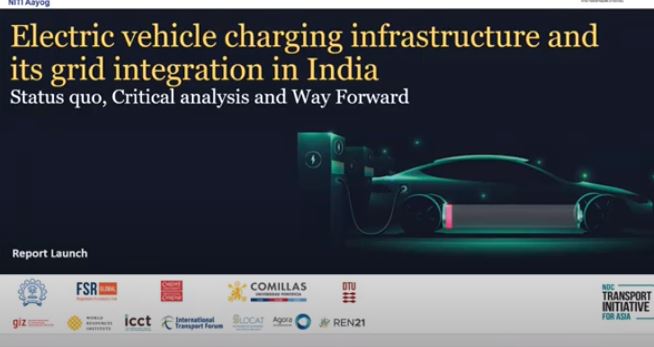
Webinar: Electric vehicle charging infrastructure and its grid integration in India: Status quo, Critical analysis and Way forward
2022
Author(s): GIZ India and IIT Bombay
The report focuses on EV charging infrastructure, related policy and regulatory measures, grid integration of EVs, and the way forward for smooth EV adaption in the Indian EV ecosystem
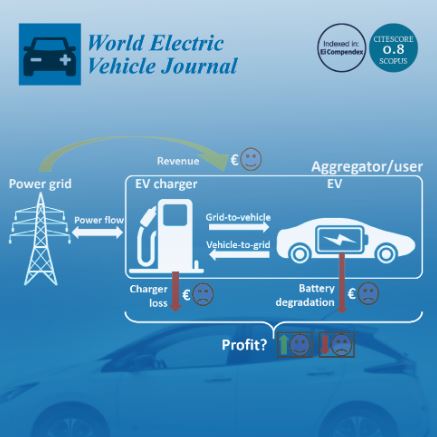
Simultaneity Factors of Public Electric Vehicle Charging Stations Based on Real-World Occupation Data
2022
Author(s): Hecht C, Figgener J, Sauer DU
This paper analyses the simultaneity factor (SF) or peak power of public electric vehicle charging stations with different recharging strategies. This contribution is the first of its kind in terms of data quantity and, therefore, representativeness
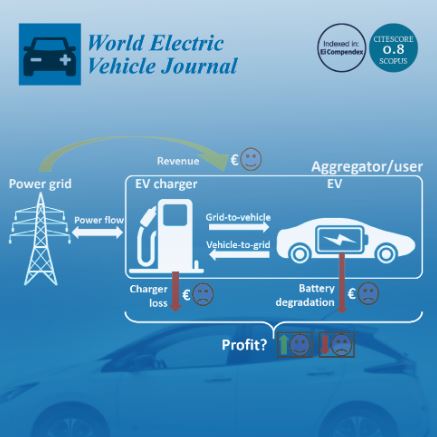
Electric Vehicle Deployment and Integration in the Saudi Electric Power System
2022
Author(s): Almohaimeed SA
This work gives an overview of the Saudi electrical energy system and then investigates the impact EVs technology in the electricity sector in Saudi Arabia and its relevant consequences.
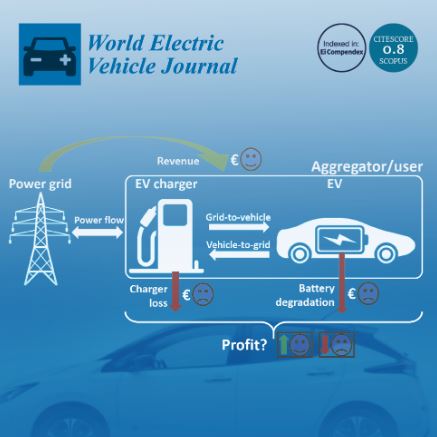
Applications of Battery Management System (BMS) in Sustainable Transportation: A Comprehensive Approach from Battery Modeling to Battery Integration to the Power Grid
2022
Author(s): B S S, Hampannavar S, B D, Bairwa B
In this paper, an equivalent circuit model (ECM) of the battery is proposed and analyzed that describes the battery behavior at various temperatures, considering the battery's internal resistance.
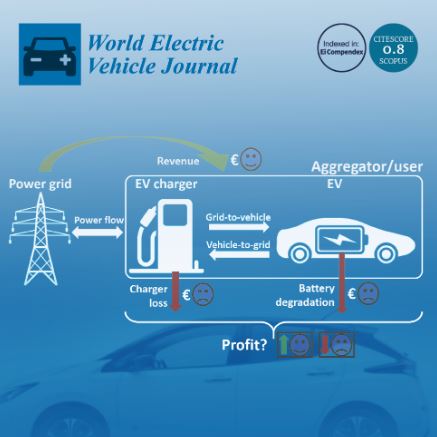
Location of Electric Vehicle Charging Piles Based on Set Coverage Model
2022
Author(s): Liang Y, Fei X, Li J, He X, Gu H
In this paper, 12 indicators from 4 categories, namely economy, environment, cost, and service quality, are selected to form an index system for evaluating the location of electric vehicle charging piles.
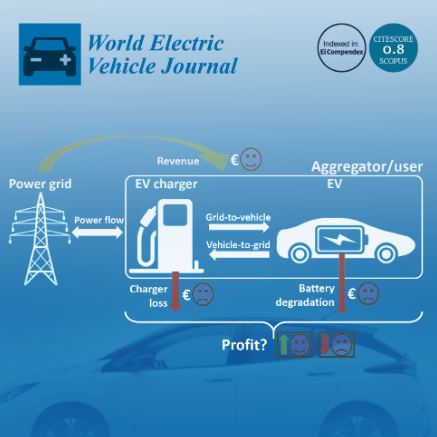
Development and Simulation of Real-Time Early Warning Protection System for Electric Vehicle Charging Based on a Two-Layer Protection Model
2022
Author(s): Jiang L, Li T, Li B, Diao X, Zhang J
In addition to offering a solution for the vehicle side charging safety protection, this paper provides an overview of charging protection technology from the grid side, charging equipment side, vehicle side, and operating platform side.
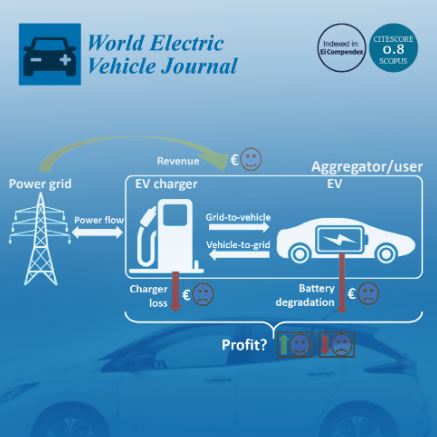
A State-of-Charge Estimation Method Based on Multi-Algorithm Fusion
2022
Author(s): Tang A, Gong P, Li J, Zhang K, Zhou Y, Zhang Z
A multi-algorithm fusion method is proposed in this paper to estimate the battery state of charge (SOC), establishing the Thevenin model and collecting the terminal voltage residuals when the extended Kalman filter (EKF), adaptive extended Kalman filter (AEKF), and H infinite filter (HIF) estimate the SOC separately.
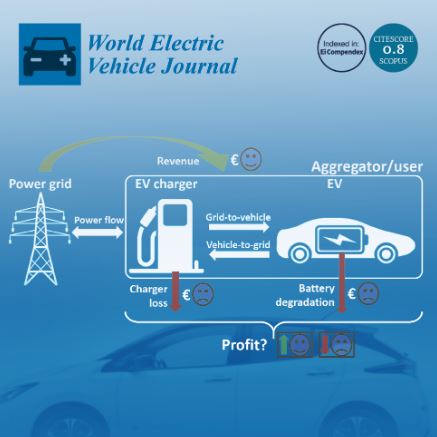
The Capacity of Battery-Electric and Plug-in Hybrid Electric Vehicles to Mitigate CO2 Emissions: Macroeconomic Evidence from European Union Countries
2022
Author(s): Koengkan M, Fuinhas JA, Teixeira M, Kazemzadeh E, Auza A, Dehdar F, Osmani F
The decarbonisation of the transportation sector is crucial to reducing carbon dioxide (CO2) emissions. This study analyses evidence from European countries regarding the achievement of the European Commission’s goal of achieving carbon neutrality by 2050.
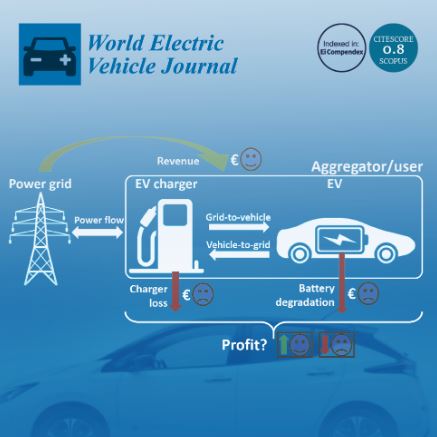
Performance Comparison of High-Speed Motors for Electric Vehicle
2022
Author(s): Aiso K, Akatsu K
In this research, three motor types, PMSM, SRM, and IM, which targeted the output power of 85 kW and the maximum speed of 52,000 min−1, are designed for use with EV traction motors. The study clarifies which type of motor is most suitable for application in high-speed motors of EVs in terms of their mechanical and electrical characteristics.
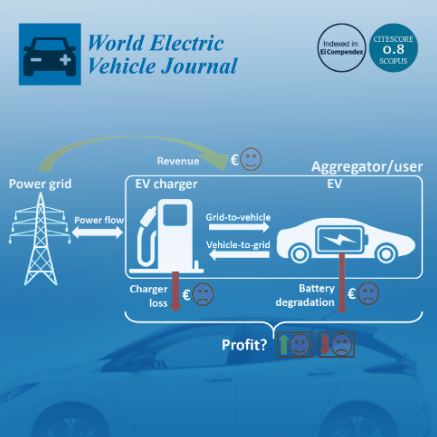
Placing BEV Charging Infrastructure: Influencing Factors, Metrics, and Their Influence on Observed Charger Utilization
2022
Author(s): Adenaw L, Krapf S
This work contributes to the state of the art by structuring the diverse landscape of charging station location placement criteria, by deriving a set of measurable influencing factors, and by analyzing their effect on a location’s charging demand, yielding an open source data set of charging point usage.



